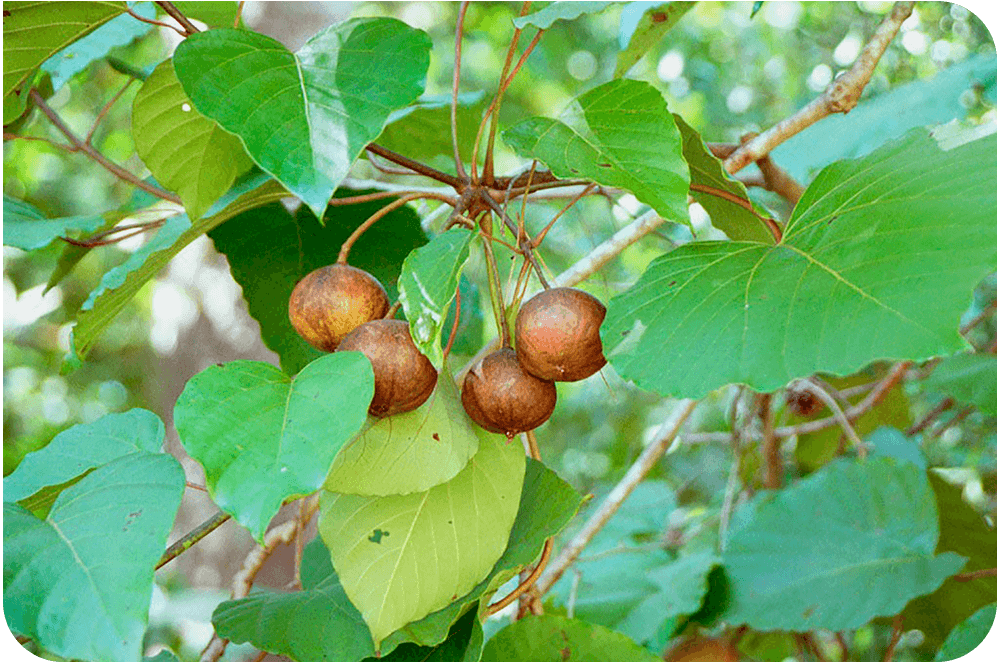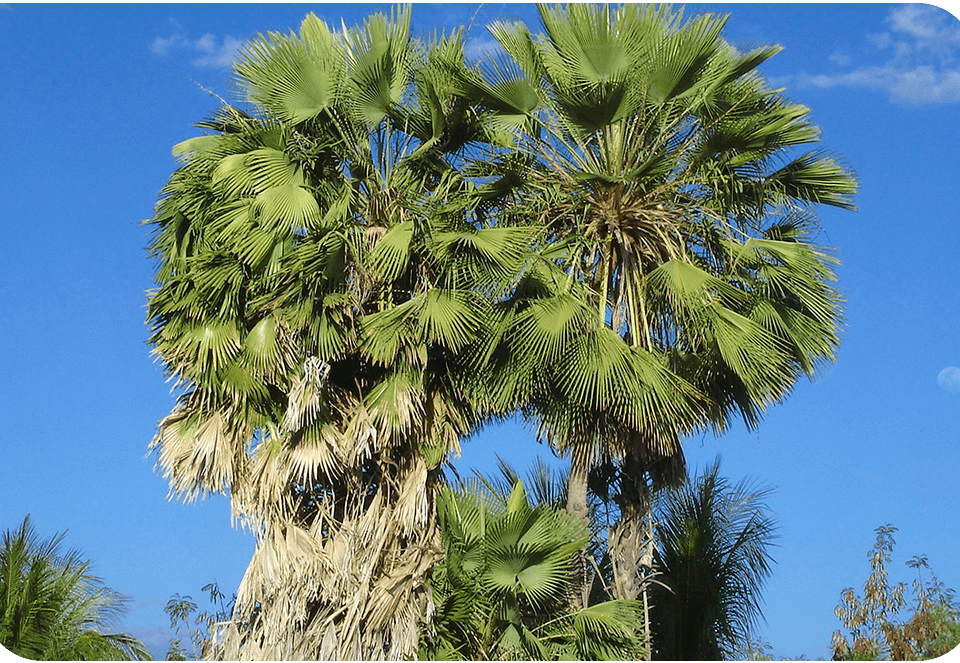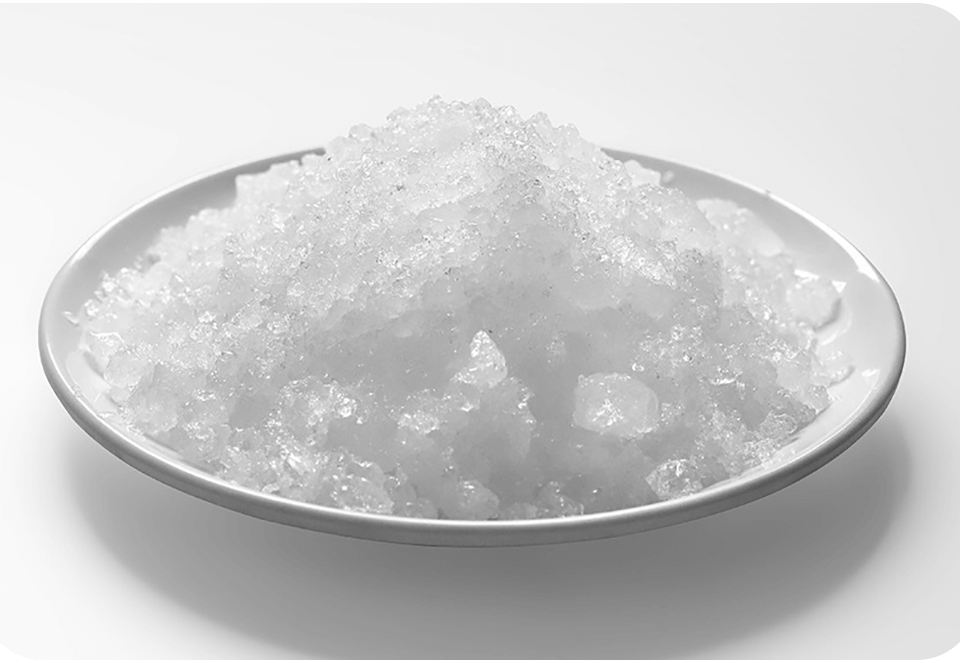Tung tree
IODINE NUMBER
154-176
DENSITY
0,94 g/ccm
VISCOSITY
308 cSt
COLOR
amber
The tung tree, or Aleurites, belongs to the Euphorbia family. The natural habitat of the tung tree is China, as well as the subtropical and tropical regions of Asia, South America and the Pacific Islands.
The tung tree was mentioned in the treatises of Chinese philosophers as early as 500-400. BC. The word "tung" comes from the Chinese "tong", which has many meanings, but the closest in meaning is the term "connect".
The fruits of the tung tree - nuts - contain up to 70% oil. Tung oil is obtained in the process of their extraction. It is a viscous amber liquid.
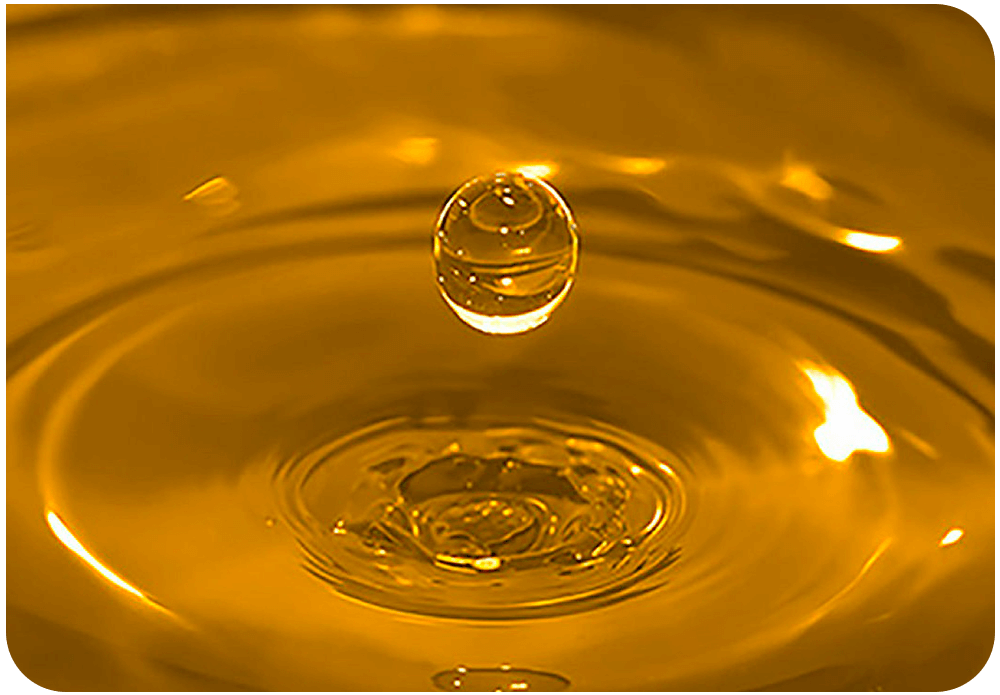
Like other vegetable oils, tung oil is composed of a mixture of gricerin and fatty acid esters containing double bonds in the molecule. A distinctive feature of tung oil is the highest content of alpha-eleostearic acid among oils - up to 82%. In turn, this acid contains three double bonds in a conjugated (conjugated) position, due to which it has a very high reactivity with respect to non-oxidative polymerization:

Basic acid of tung oil
For example, linseed oil contains mainly alpha-linolenic acid, which contains isolated double bonds:

Linseed oil basic acid
Therefore, linseed oil polymerizes much worse, and the resulting films are fragile and have low water resistance.
It is due to the presence of three conjugated double bonds in the molecule and, as a consequence, the increased ability to non-oxidative (i.e., without oxygen) polymerization, that tung oil has the highest strength and water resistance among other oils.
Application of tung oil
Tung oil is used for luxury wood finishing. It is the best natural finish for yacht decks as it can withstand constant exposure to sun and sea water.

Treating kitchen accessories with tung oil - dishes, cutting boards, rolling pins - is the most efficient and safest way to finish them.
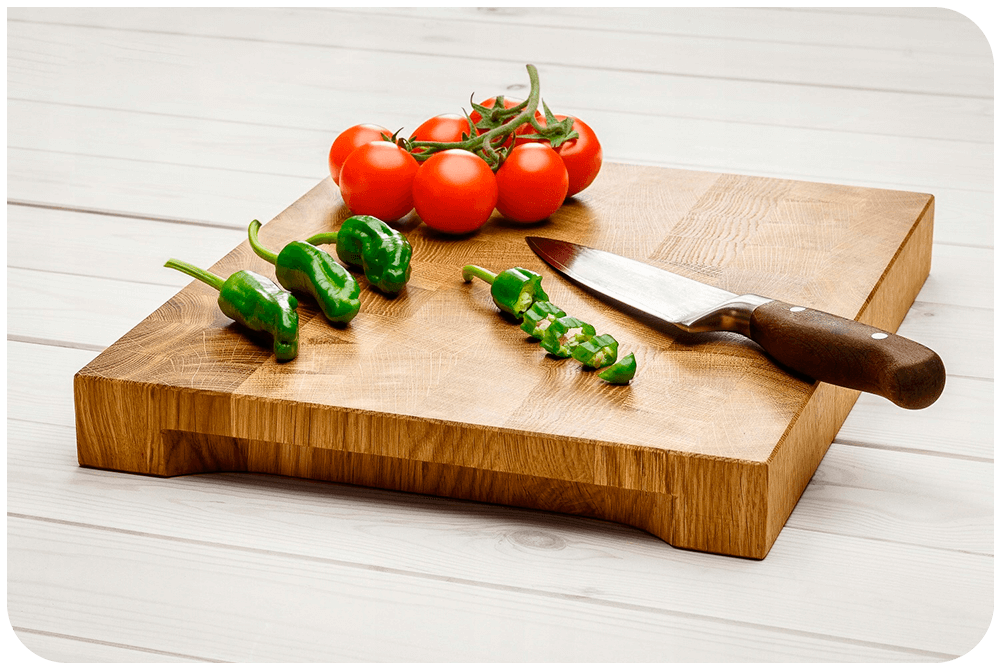
Due to the high activity of tung oil in the polymerization reaction and the formation of a durable polymer coating, it is used to create an environmentally friendly non-stick coating on cast iron pans. The coating obtained when tung oil dries is converted into a dense and durable carbon layer with non-stick properties under the action of an open fire.
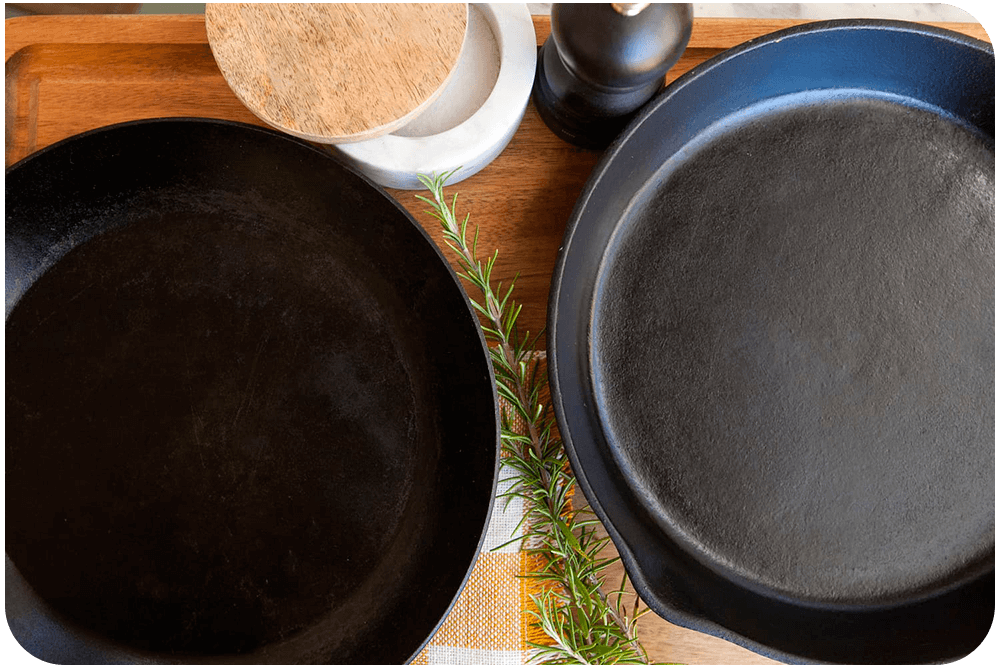
Tung oil has been used for thousands of years to make Japanese and Chinese paper umbrellas. The paper is soaked in several layers of tung oil, which turns it into a tough, waterproof film.
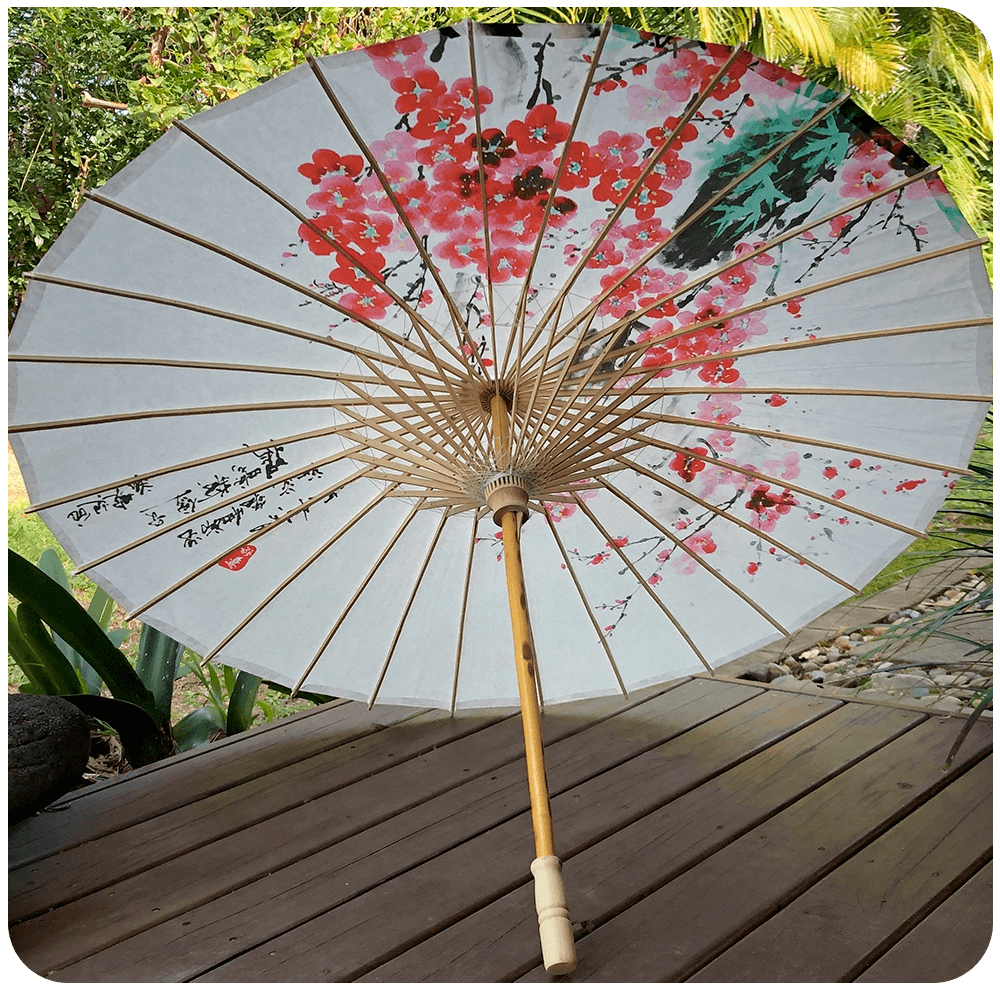
Thus, tung oil is a premium natural product with the highest performance properties.
Its use guarantees maximum protective properties and an excellent decorative effect.

